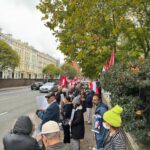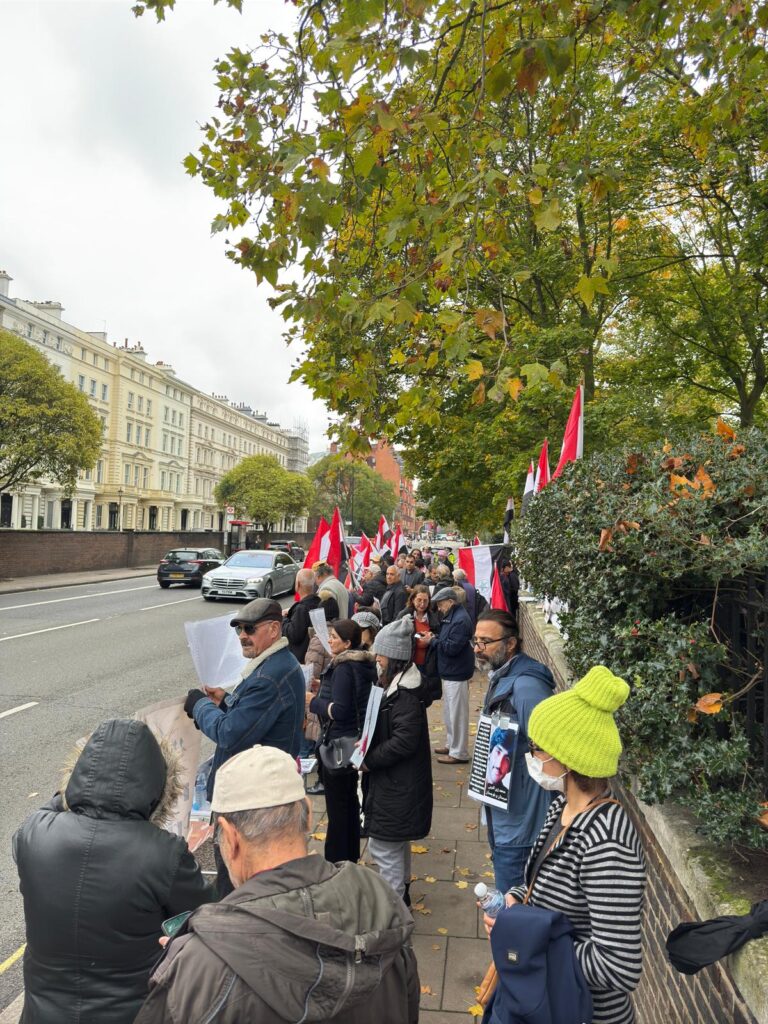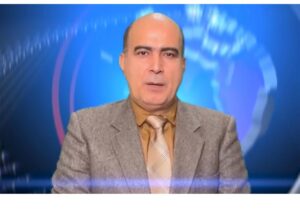By Arshad Mohammed and Crispian Balmer
SHARM EL-SHEIKH, Egypt (Reuters) – Israeli and Palestinian leaders still believe they can 
reach a peace deal in a year, Washington’s Middle East envoy said on Tuesday after talks in Egypt, despite a dispute over Jewish settlements.
No news emerged of any compromise on the settlement issue after negotiations attended by U.S. Secretary of State Hillary Clinton, Israeli Prime Minister Benjamin Netanyahu and Palestinian President Mahmoud Abbas.
But with a 10-month Israeli moratorium on housing starts in settlements in the occupied West Bank due to end on September 30, U.S. envoy George Mitchell seemed upbeat in the face of Palestinian threats to quit the new talks if building resumes.
“President Abbas and Prime Minister Netanyahu continue to agree that these negotiations, whose goal is to resolve all core issues, can be completed in one year,” Mitchell told reporters in Egypt’s Red Sea resort of Sharm el-Sheikh.
Clinton, Abbas and Netanyahu later convened for an unexpected second round of talks, this time with top aides present, after the first session broke for lunch.
Mitchell said negotiations would continue Wednesday in Jerusalem with Clinton’s participation and Israeli and Palestinian teams would meet again “in the coming days” ahead of further talks at the leadership level.
“Today the parties have begun a serious discussion on core issues,” Mitchell said. “President Abbas and Prime Minister Netanyahu also reiterated their intent to approach these negotiations in good faith and with a seriousness of purpose..”
Neither leader made any immediate public comments at the summit, hosted by Egyptian President Hosni Mubarak. It was their first meeting since direct peace talks were relaunched in Washington on September 2 after a 20-month hiatus, with a declared goal of achieving a framework accord in a year.
The six-decade dispute’s core issues include settlements, security, borders and the fate of Palestinian refugees.
NO EXTENSION
Netanyahu, whose coalition government is dominated by pro-settler parties, said on Sunday he would not extend the construction moratorium but could limit the scope of further building in some settlements.
Echoing U.S. President Barack Obama’s position, Mitchell said: “We think it makes sense to extend the moratorium especially given that the talks are moving in a constructive direction.”
Mitchell said Washington was aware “this is a politically sensitive issue in Israel” and the United States also had called on Abbas to “take steps that help, encourage and facilitate this (peace) process.”
Palestinians say the settlements, built on land they want for a state, would deny them a viable and contiguous country.
“We are all striving to bring the message to Netanyahu that the settlements issue is important to negotiations and for us there cannot be any talks on ending occupation while occupation is deepening,” Palestinian negotiator Nabil Shaath said.
Mark Regev, a Netanyahu spokesman, countered: “If expectations are that only Israel should make concessions then that is not a recipe for a successful conclusion to the talks.”
Clinton said both Israel and the Palestinians needed to take actions to resolve the settlement disagreement.
“For me, this is a simple choice: no negotiations, no security, no state,” Clinton said as she travelled to Sharm el-Sheikh, saying Washington wanted to see Israel at peace with the Arab world, including neighbouring Syria and Lebanon.
Clinton was to fly to Jerusalem on Tuesday and to hold talks there, in Ramallah and in Amman over the next two days. Meanwhile, Mitchell will visit Syria on Thursday and Lebanon on Friday, said a U.S. official who asked not to be named.
Obama has staked considerable political capital in the Israeli-Palestinian talks, launching them before November congressional elections, where fellow Democrats face possible big losses to Republicans.
(Writing by Jeffrey Heller in Jerusalem, Additional reporting by Marwa Awad in Sharm el-Sheikh, Edmund Blair in Cairo and Mohammed Assadi in Ramallah; Editing by Samia Nakhoul)











+ There are no comments
Add yours